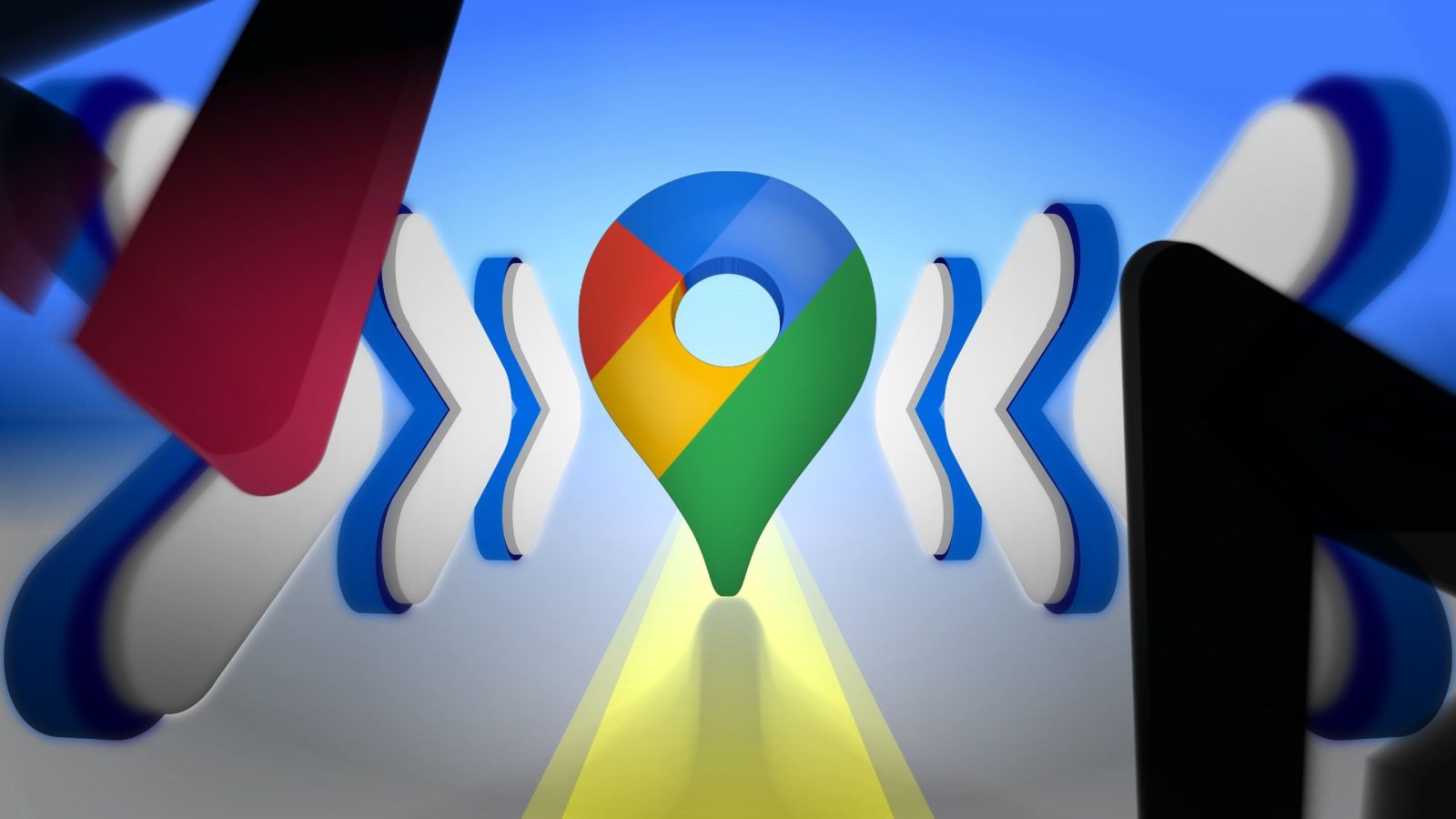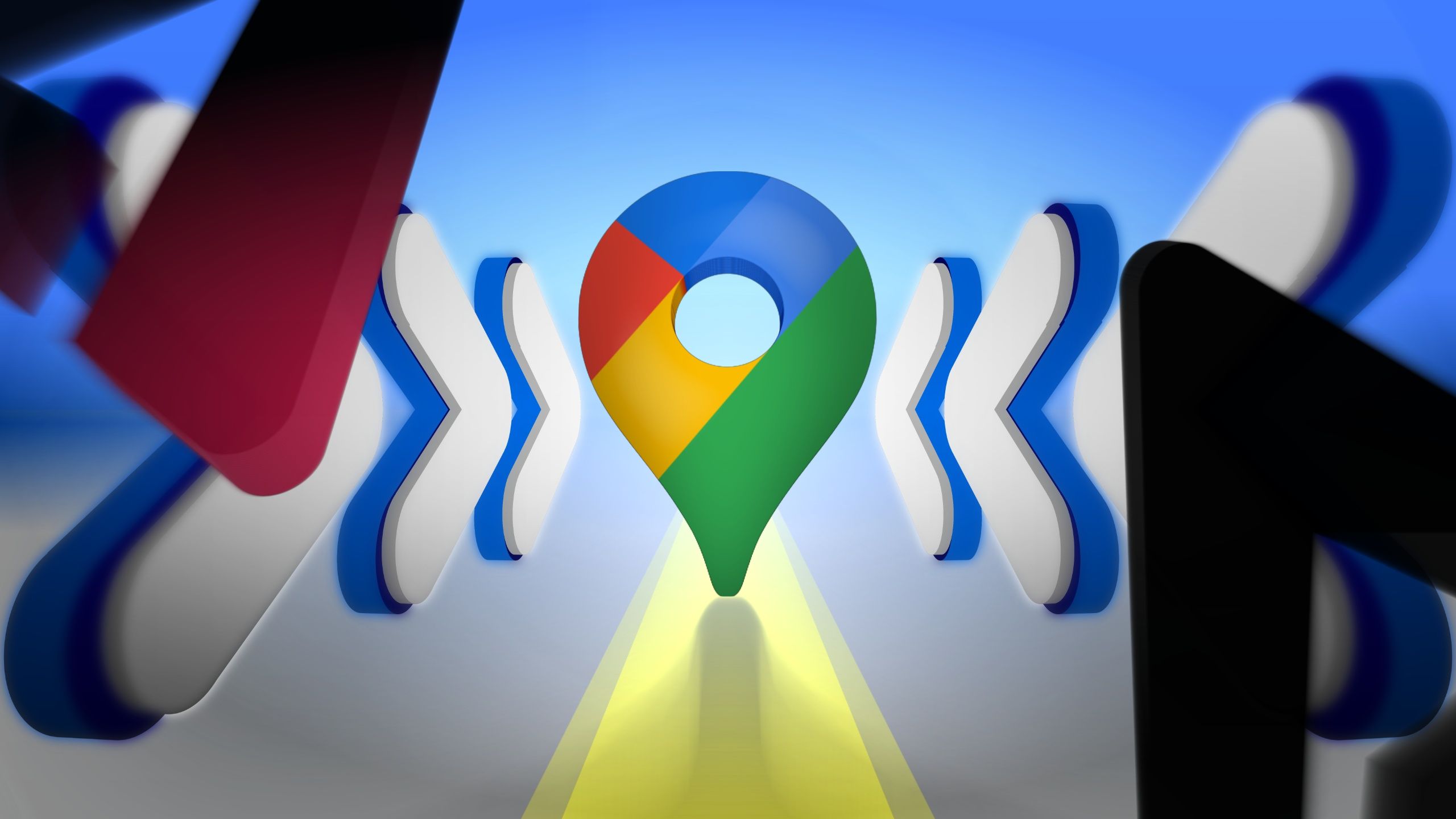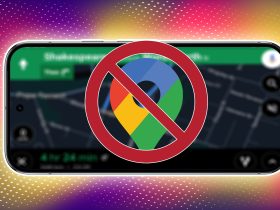Google Maps Data Is Helping Ease Traffic In One Of The Most Gridlocked Cities Worldwide

Contents

Sign in to your Android Police account

Summary
- Partnership with Google in Bangkok improves traffic flow by analyzing Maps data & supplying AI-powered recommendations to local administration.
- Project Green Light reduces stops, emissions, and benefits around 30M motorists monthly in Bangkok.
- A closed feedback loop between Google and BMA aims to decongest roads in densely populated cities. The pilot is also being tested in 17 other cities.
Traffic in most densely populated countries is often mismanaged or reliant on dated infrastructure and poor monitoring systems. Our favorite navigation apps like Google Maps and another Google product, Waze, play a crucial role informing road users about congestion on their route, going as far as suggesting alternatives which save time. However, this system has never been a closed feedback loop that actually improves the flow of traffic. Thailand just took that collective leap, partnering with Google so the tech titan’s data can improve the flow of traffic through intersections.

Related
Google Maps or Waze: Which is better in 2025?
Do you want more information or quicker navigation?
Reports of congestion and blockages with the estimated time they would add to the trip alone don’t help the situation because it is unfair to assume every driver on the road is using Maps and ready to take the suggested alternate route. To create a closed feedback loop that benefits all road users irrespective of their navigation app preferences, Google just took a critical step, announcing a partnership with the Bangkok Metropolitan Administration (BMA). Bangkok is one of the 18 cities around the world chosen for this pilot project, operational since February this year.
Named Project Green Light, a Google Thailand blog post explains how the company uses AI and traffic data from Maps to reduce congestion at important intersections in Bangkok. The BMA supplies traffic light timing at major intersections and Maps data reveals driving trends. The AI comes in to offer recommendations to the BMA such that stop-and-go traffic is reduced to a free-flowing stream. Google says the country’s traffic engineers review each recommendation for feasibility and efficacy before implementation.
After changes roll out, the closed loop of feedback continues as Project Green Light continues monitoring traffic and suggesting subsequent refinements to the BMA.
More benefits besides smoother traffic flow
Lower Greenhouse gases

Source: Google
Bangkok was one of the cities among Haifa in Israel, Bangalore in India, and Hamburg in Germany, where Project Green Light is helping commuters conduct over 55 million car trips every month. It was chosen since it reportedly has the eleventh worst traffic stats worldwide. However, Google is also helping the local ecology reap an additional benefit from the decongestion. Stop-and-go traffic produces more greenhouse gases in emissions than free-flowing streams, and reduces unnecessary stops using AI.
Quantitatively, Google claims a 30% reduction in halts and a 10% reduction in greenhouse emissions in the three months that Green Light has been operational in Bangkok. Of the 55 million monthly trips mentioned earlier, the company estimates 30 million motorists benefit from this every month. It might seem like a small impact, but at scale, AI implemented in close coordination with local administration can decongest roads in densely populated cities suffering from traffic-related issues. We just hope the project proves efficient enough to deploy at scale, even in cities where traffic isn’t an immediate crisis.
What’s your reaction?
Love0
Sad0
Happy0
Sleepy0
Angry0
Dead0
Wink0








Leave a Reply
View Comments